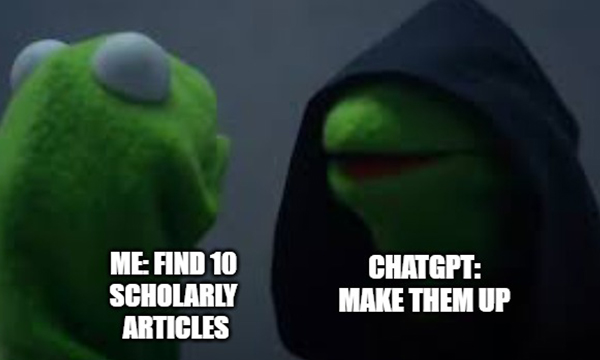I asked ChatGPT to give me a summary of a book I was reading by AG Riddle, The Lost Colony. Instead, it gave me this summary:
The correct plot of the book involves a team of scientists led by Captain Callie Woolf, who are sent to investigate a mysterious signal from a distant planet called Argo. When they arrive on Argo, they discover that the planet was once home to a highly advanced civilization that has now disappeared under mysterious circumstances.
As the team explores the planet, they encounter a variety of challenges, including hostile alien life forms and a hidden conspiracy that threatens their mission. The story involves flashbacks to the history of the lost civilization, which gradually reveal the true nature of the threat that they face.
Throughout the book, the team must navigate treacherous terrain and make difficult choices in order to uncover the truth about the lost colony and prevent a disaster that could threaten the survival of humanity. The story involves themes of technology, morality, and the nature of humanity.
I cannot find any references to this book online, but it sounds interested and I’d like to read it. Does it exist? Did ChatGPT make the whole thing up?
Thank you for any help!
The correct plot of the book involves a team of scientists led by Captain Callie Woolf, who are sent to investigate a mysterious signal from a distant planet called Argo. When they arrive on Argo, they discover that the planet was once home to a highly advanced civilization that has now disappeared under mysterious circumstances.
As the team explores the planet, they encounter a variety of challenges, including hostile alien life forms and a hidden conspiracy that threatens their mission. The story involves flashbacks to the history of the lost civilization, which gradually reveal the true nature of the threat that they face.
Throughout the book, the team must navigate treacherous terrain and make difficult choices in order to uncover the truth about the lost colony and prevent a disaster that could threaten the survival of humanity. The story involves themes of technology, morality, and the nature of humanity.
I cannot find any references to this book online, but it sounds interested and I’d like to read it. Does it exist? Did ChatGPT make the whole thing up?
Thank you for any help!



